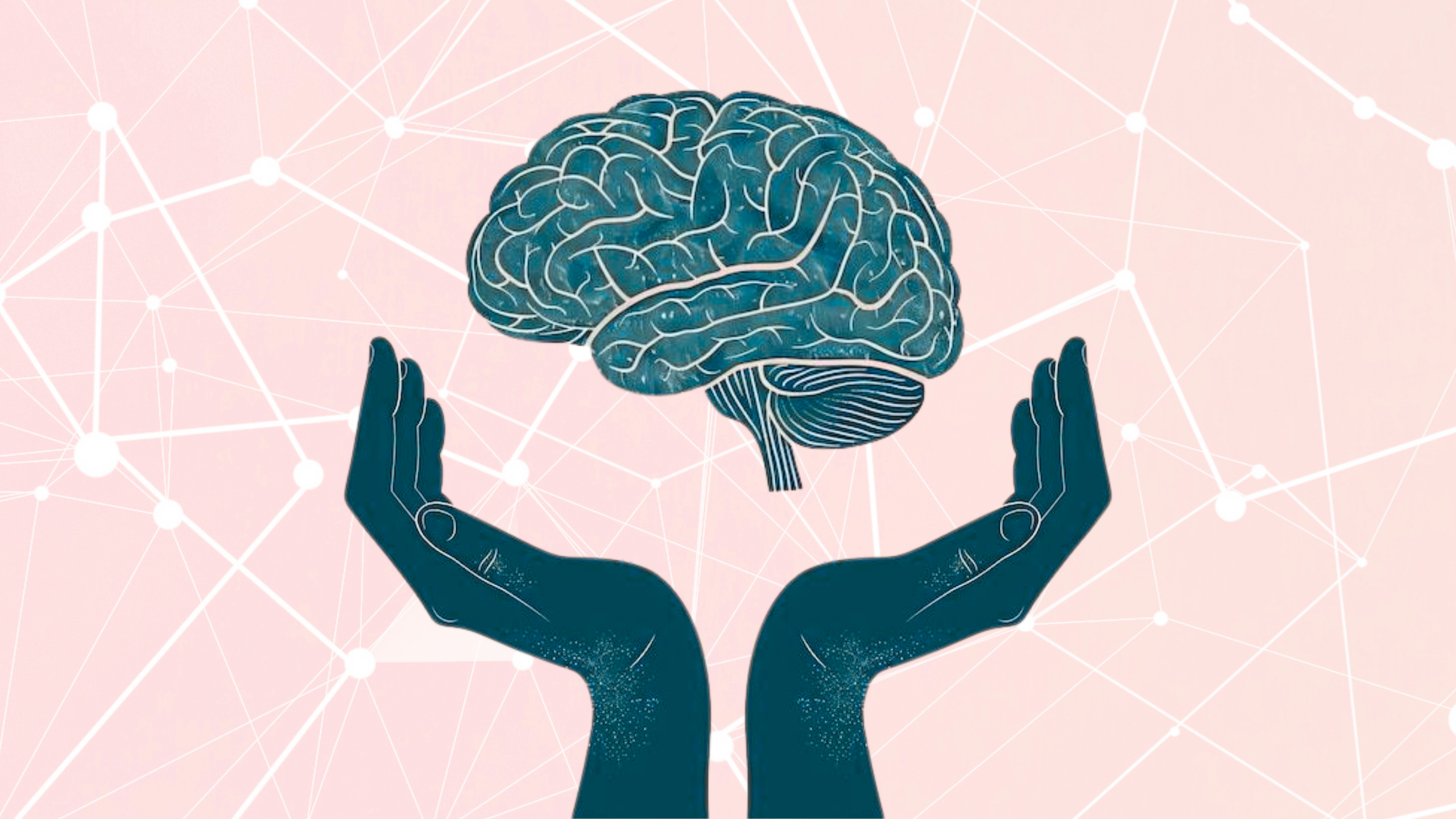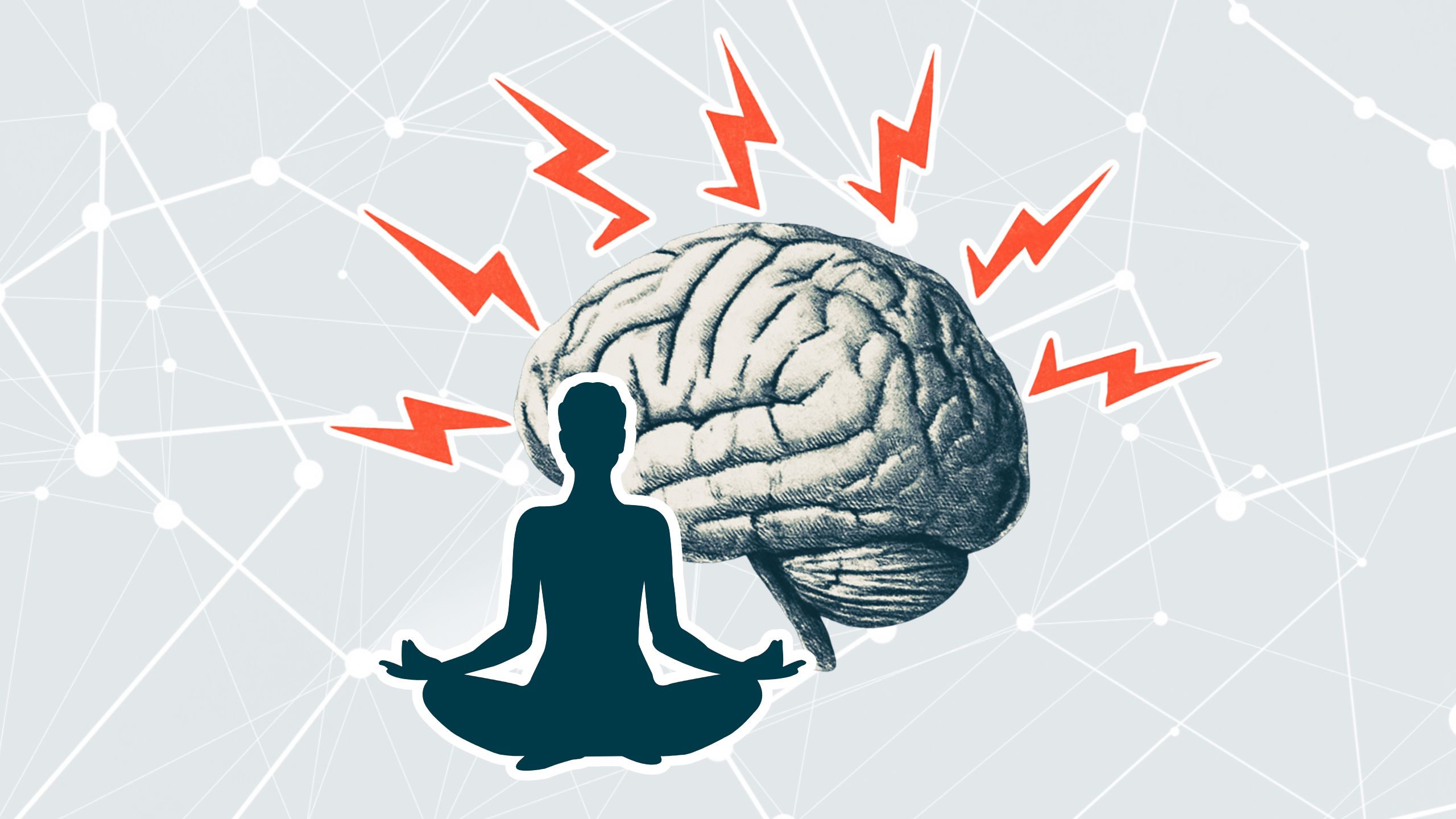Neuroscience of Gratitude and Presence
A growing body of research highlights the powerful effects of gratitude on the brain and overall well-being. Similar to meditation, gratitude practices are now widely recognized for their ability to induce neuroplastic changes — leading to improved brain connectivity, emotional regulation, and cognitive performance.
How Gratitude Affects the Brain
Practicing gratitude activates and strengthens neural pathways associated with positive emotions and reward processing. This activation enhances feelings of happiness, contentment, and well-being. At the same time, gratitude reduces activity in brain areas linked to stress and negative emotions, offering a protective effect on mental health.
Regular gratitude exercises have also been shown to bring structural changes to the brain, especially in regions involved in empathy, emotional balance, and social bonding. These changes lead to improved resilience and a deeper sense of satisfaction in life.
Gratitude and the Present Moment
Gratitude helps redirect the brain’s focus to the present moment, triggering the release of calming chemicals like dopamine and serotonin. These support relaxation, balance, and clarity.
In a grateful state, stress and anxiety decrease. This frees up mental energy for focus, goal-setting, and meaningful action. With less internal resistance, the brain becomes more prepared to act clearly and effectively.
The rewards created by gratitude act like internal motivation boosters, making effortful tasks feel more doable—and even enjoyable.
Final Thoughts
Incorporating gratitude into daily life can reshape your brain. By reducing stress, saving energy, and boosting motivation, gratitude prepares your mind for success, action, and emotional well-being.
The neuroscience is clear:
Gratitude isn’t just a nice habit—it’s a transformative brain tool. ✨



